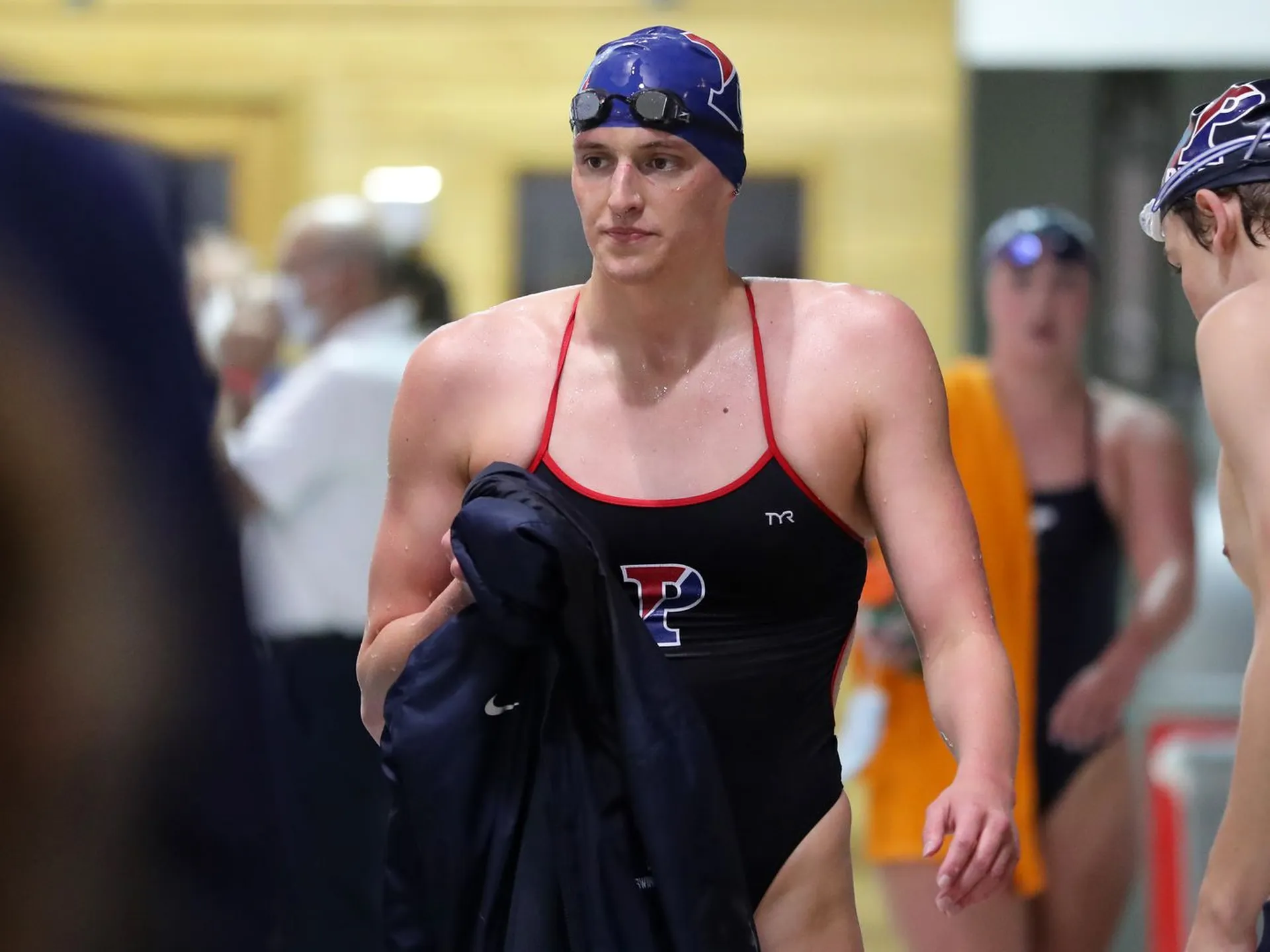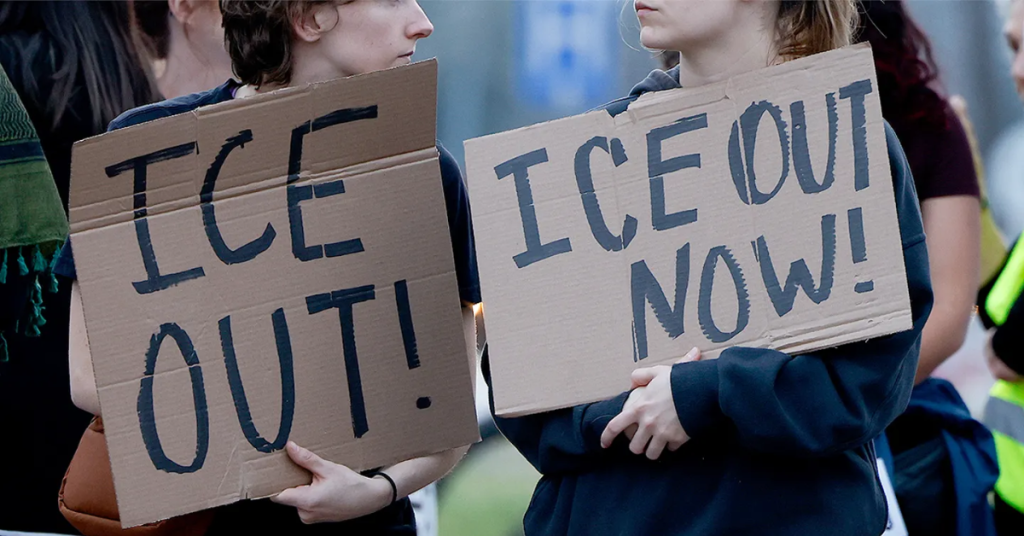In a landmark victory for women’s sports, Lia Thomas, the transgender swimmer who gained national attention in 2022 for winning NCAA women’s swimming titles, has lost a pivotal lawsuit against World Aquatics, the international governing body for swimming competitions. This ruling prevents Thomas from competing in the 2024 Summer Olympics.
Thomas had sought to overturn World Aquatics’ rules on transgender athletes, which were instituted in response to the controversy surrounding Thomas’ participation in women’s swimming events in 2022. These regulations enforce strict limits on testosterone levels and ban male-to-female transgender athletes who have undergone male puberty from competing in women’s events. As a result, Thomas is barred from future international competitions, including the Olympics.

The specific rule affecting Thomas, introduced in spring 2023, states: “In regard to transgender athletes, the Council has agreed to exclude male-to-female transgender athletes who have been through male puberty from female World Rankings competition from 31 March 2023.”
World Aquatics defended the regulation by stressing the importance of fairness and integrity in female competitions. While acknowledging the lack of athletics-specific evidence on the impact of transgender athletes, the organization prioritized fairness in women’s sports over inclusion.
Thomas argued that these rules violated both the Olympics charter and the constitution of World Aquatics, seeking to have them declared “invalid and unlawful.” However, the Court of Arbitration for Sport dismissed Thomas’ complaint, stating that Thomas lacked the standing to challenge the rules as a non-member of US Swimming. The court’s 24-page decision concluded that Thomas was “simply not entitled to engage with eligibility to compete in WA competitions.”
World Aquatics hailed the ruling as a significant step toward protecting women’s sports. The organization reiterated its commitment to fostering an environment that promotes fairness, respect, and equal opportunities for athletes of all genders.
Sebastian Coe, President of World Athletics, supported the decision when it was initially made, stating, “Decisions are always difficult when they involve conflicting needs and rights between different groups, but we continue to take the view that we must maintain fairness for female athletes above all other considerations. We will be guided in this by the science around physical performance and male advantage, which will inevitably develop over the coming years. As more evidence becomes available, we will review our position, but we believe the integrity of the female category in athletics is paramount.”

Riley Gaines, a prominent women’s sports activist, praised the ruling. Posting on X (formerly Twitter), she declared, “Great news! Lia Thomas won’t be able to compete in the women’s category at the Olympics or any other elite competition. He has just lost his legal battle in the Court of Arbitration for Sport ruling. This is a victory for women and girls everywhere.”
This ruling highlights the growing recognition of the need to protect the integrity of women’s sports. As debates over transgender athletes’ participation continue, this decision marks a crucial victory for advocates of fairness and equality in female athletics.



